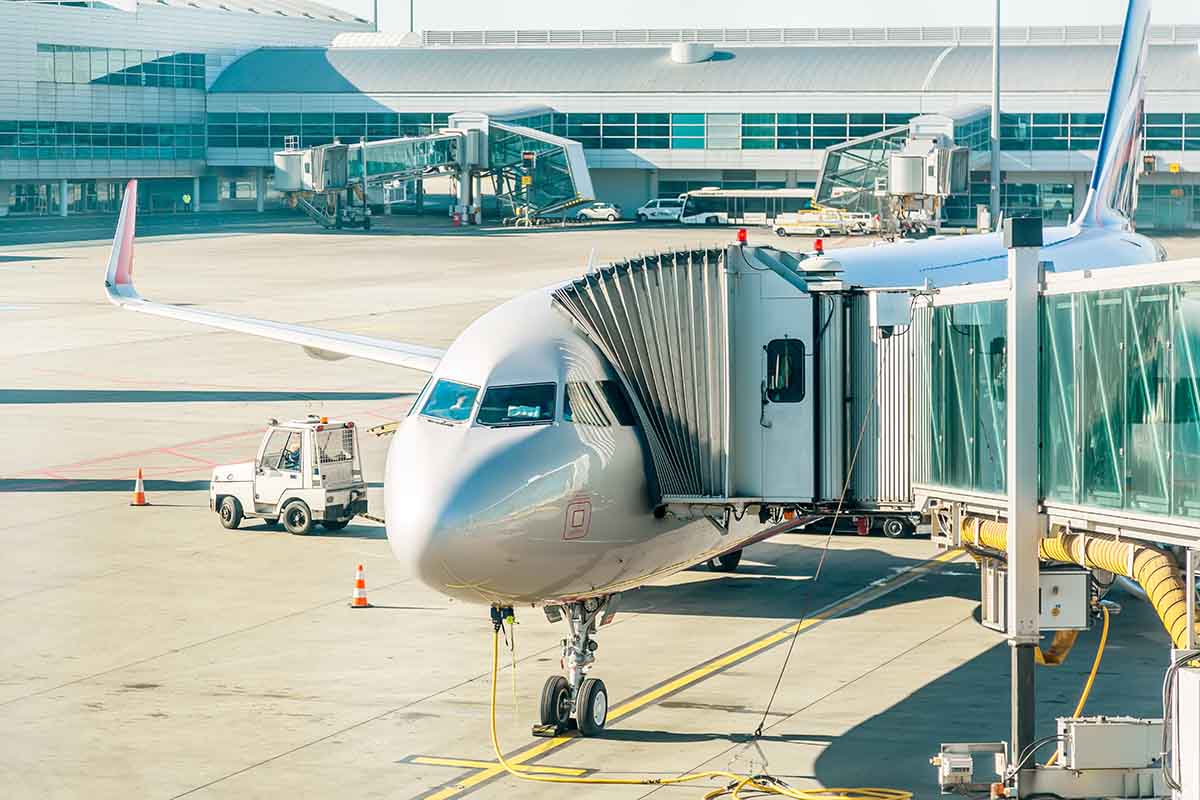Travel Like an Expert: Beating Jet Lag
If you’re at all a curious person, traveling the world is probably up there with one of the best ways you can think of spending your time. It’s something almost everyone aspires to do more because there’s just so much world to see! Whilst you might have had to cancel any plans you made over the past year due to the pandemic, it’s fair to say that there’s one aspect of long-distance traveling that we haven’t missed: getting jet lag.
Although popping across the neighboring country’s border can still be heaps of fun, the real sense of adventure lies in traveling halfway around the world to a completely different country with a different climate, culture, and people. This means crossing numerous time zones, and whilst the adrenaline of holiday traveling might be keeping you feeling awake, we all know there’s some adjusting that our bodies have to do once at our destination.
Typically, the body recovers from jet lag at a pace of 1 to 2 time zones per day, meaning longer trips can result in it taking multiple days before you’re fully back in sync. For those of us needing to travel long distances for work and spending only a couple of days at the destination country, we need a method to combat jet lag besides just waiting it out over several days, which we’ll explore in this article online pharmacy Pharmica.
Symptoms of Jet Lag
- Insomnia or poor quality sleep;
- Fatigue during the daytime;
- The inability to concentrate or remember accurately;
- Headaches, dizziness, or nausea;
- An upset stomach, causing conditions like indigestion;
- Stress and irritability.
Depending on which direction you’re traveling in, jet lag might hit you harder than others. If you’re traveling from east to west, it’s usually easier to avoid or overcome jetlag, as you can stay up a bit later and have a longer sleep. Flying west to east, you lose hours, likely creating sleep deprivation and leaving you feeling particularly tired.
Tips to Beat Jet Lag
Whilst there’s no magic pill that will rid you of your jet lag, there are several things you can do in preparation to prevent jet lag or reduce its longevity.
Prepare in advance
Altering your sleep and wake time to the destinations times before you set off will mean your circadian rhythm is more in tune with the daylight hours of your destination, meaning they’ll be less adjustment needed and more time to enjoy your holiday or improve your alertness and concentration during your business trip. If you’re flying westward, for example, eat your evening meal and go to sleep a few hours later than usual so that when you wake up on the “other side,” you’re chirpy and in sync.
Beating Jet Lag: Keep Hydrated
It might be tempting to take advantage of those complimentary alcoholic drinks on your flight or get your coffee in to help you stay awake, but don’t go too crazy, as the alcohol and caffeine won’t help in keeping you hydrated. Being hydrated at high altitudes can make you more tired, only adding to your jet lag symptoms.
Consider your Nutrition
To give your body the best chances of dealing with your time zones change, you need to make sure you’re topped up on vital nutrients. Before your flight, eat healthy foods with plenty of nutritional benefits, focusing on high protein and complex carbohydrate foods for sustained energy. Avoid eating that McDonald’s burger and fries at the airport, like junk food that’s high in fat, will be harder to digest and make it harder to sleep on the plane.
Don’t Lie In
It might be tempting to stay on your previous waking and sleeping body clock when traveling from west to east, but sleeping in will only string out your adjustment period. You should set your alarm to within an hour of your regular wake time, so you can tell your body straight away that it needs to adjust its schedule and be in this new time zone.
Tune out Distractions
Depending on what time you set off on your flight, you may need to get some quality sleep at risk, not messing up your sleep and wake times even further. Planes, however, are not exactly the ideal sleeping environment: they’re noisy, there’s light coming from the windows and onboard entertainment screens, and the upright position leaves much to be desired in terms of sleep. Make sure you equip yourself with an eye mask to block out light and earplugs or noise-canceling headphones to eliminate any baby cries or engine noises, as well as packing a neck pillow that sufficiently supports however you prefer to sleep.
Beating Jet Lag: Consider medication
Whilst it’s not going to cure jet lag altogether, using medication to help you sleep or wake you up can help you get to the circadian rhythm of the desired timezone quicker. Sleep medication such as Nytol can help you sleep better on your journey, ensuring those valuable hours in the air don’t go to waste and helping overcome the plethora of disturbances in-flight.
Circadin contains the hormone melatonin, a chemical occurring naturally in the body that helps with sleep-wake cycle regulation. Taking this 1 to 2 hours before going to bed can help prepare the new timezone body effectively.





















